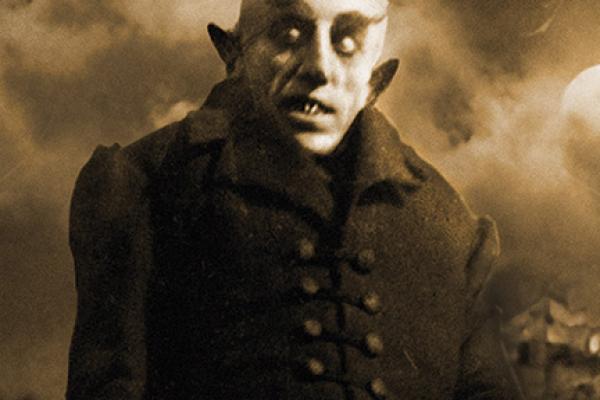
Join us for lunch on Halloween as we listen to Justin Ciucevich, an MA student at the Center for Slavic and East European Studies, as he discusses the history of Dracula and the role it plays in Romanian tourism and national identity.
Abstract:
Vlad Țepeș – a 15th century Prince of the territory of Wallachia (the southern region of the modern Romanian state) – was a very real leader, both feared and revered, who proudly ruled under his family epithet, Dracula. Since at least the early 19th century, Romanians have idealized Vlad Țepeș in folklore, literature, history, and even politics, as a symbol of strength, order and stability for Romania. However, the association of Romania with superstition and backwardness – embodied by the popular literary creation of author Bram Stoker, Count Dracula – is resented as a form of cultural imperialism which has Balkanized, Orientalized and “otherized” the country for many in “the West.” Thus, since the 1970’s, Dracula tourism in Romania has been an ambivalent enterprise for Romanians, reflecting what Duncan Light has called the “Dracula dilemma” of “identity versus economy”: the sovereignty, stability and justice of a modern state - embodied by the historical Dracula – in opposition to the crucial financial benefits of tourism reaped by exploiting its most popular inherited celebrity – the fictional Dracula. After nearly a decade of membership in the European Union, Romania still struggles with this national quagmire – bringing to light the relevance which conceptions of “East” and “West” still hold.
